Ever pondered the possibility that the world as we know it might not be real? Prepare yourself for a mind-bending journey. For some time, the Simulation Hypothesis has been dismissed as a flight of fancy, similar to conspiracy claims and the idea of wearing tinfoil hats. It’s all too simple to disregard this as science fiction, akin to The Matrix movie. However, this hypothesis has experienced a significant resurgence recently, with renewed enthusiasm from the technology sector. It is garnering attention, with prominent figures such as Elon Musk and Neil deGrasse Tyson lending it their support. But what is the Simulation Hypothesis, exactly? Prepare to swallow the metaphorical red pill as we delve into the surreal. Here’s a rundown of 25 Astonishing Propositions Around The Simulation Hypothesis.

Bostrom's Simulation Hypothesis
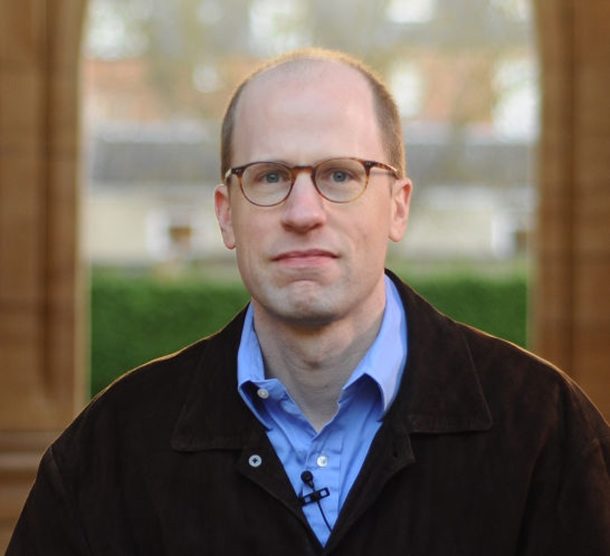 Source: https://www.simulation-argument.com/simulation.html
Source: https://www.simulation-argument.com/simulation.html Nick Bostrom, a professor of philosophy at Oxford University, proposed the Simulation Hypothesis in 2003. His argument states that at least one of the following three things are true: “(1) the human species is very likely to go extinct before reaching a “posthuman” stage; (2) any posthuman civilization is extremely unlikely to run a significant number of simulations of their evolutionary history (or variations thereof); (3) we are almost certainly living in a computer simulation.” He believes the chances 1 or 2 is true is unlikely and that 3 is much more likely.
Progress Argument
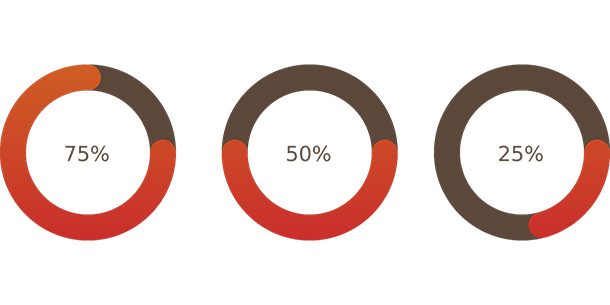 Source: https://www.simulation-argument.com/simulation.html
Source: https://www.simulation-argument.com/simulation.html Part of Bostrom’s argument hinges on the assumption of human technological progress. If human technology continues at its current rate or faster, then it’s probable that humanity will create a computer powerful enough to run life-like simulations with or exceeding the capacity of the human brain.
The Pong Argument
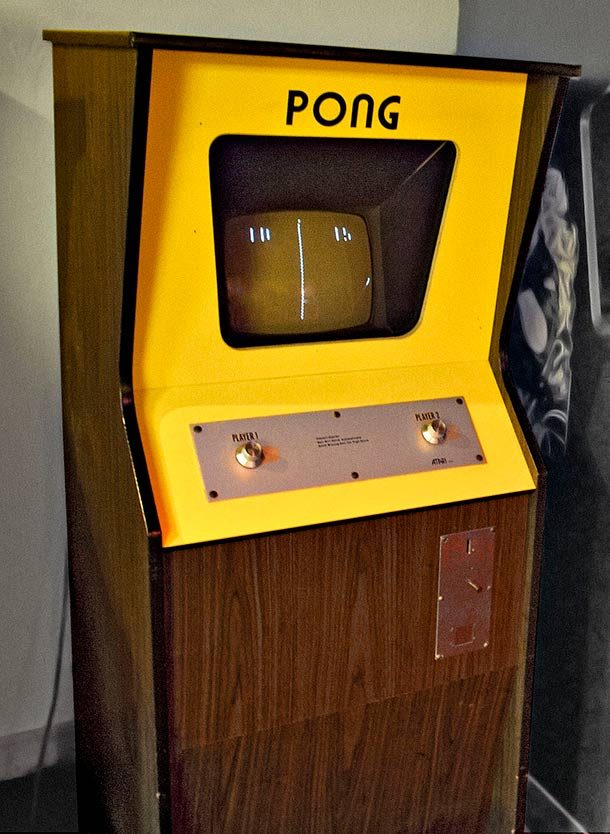 Source: https://futurism.com/are-we-living-in-a-computer-simulation-elon-musk-thinks-so/
Source: https://futurism.com/are-we-living-in-a-computer-simulation-elon-musk-thinks-so/ Elon Musk has made headlines for buying into the Simulation Hypothesis, stating he believes it’s very likely we’re living in a simulation. He makes perhaps the “strongest” argument that is similar but arguably more understandable than Bostrom’s. It goes like this: Forty years ago we created Pong, two rectangles, and a dot. Today, we have photorealistic 3D simulations. We also have virtual reality and augmented reality. Imagine what the next forty years will bring?
End of the World Argument
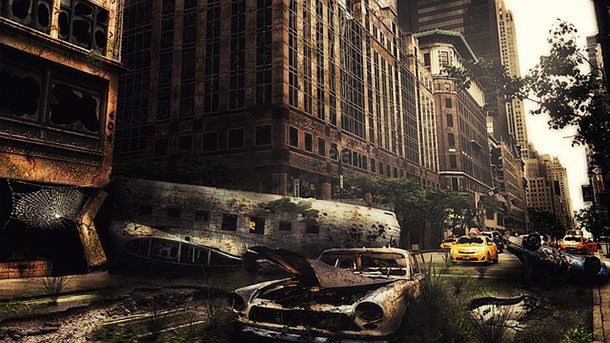 Source: https://www.simulation-argument.com/dainton.pdf
Source: https://www.simulation-argument.com/dainton.pdf Bostrom argues that the end of the world will likely be the end of our simulation. If his progress argument is true, and we aren’t the first humans to create life-like simulations, he doesn’t think the “posthumans,” or the humans that first created the simulation, would allow our simulation to create another life-like simulation, meaning that once we come close to achieving life-like simulations, our simulation will end. Others disagree with him on this point, but we’ll get to that later.
Modal Realism
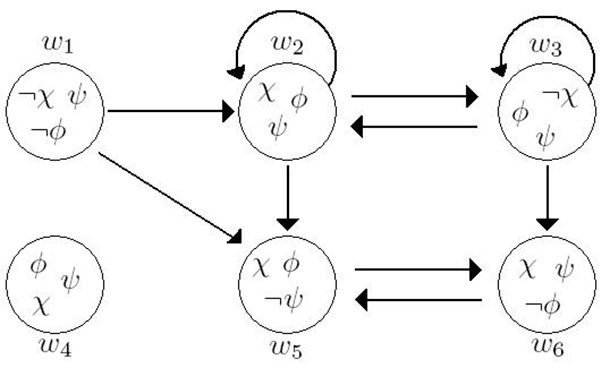 Source: https://philpapers.org/browse/modal-realism, http://users.ox.ac.uk/~worc0337/modal.realism.html
Source: https://philpapers.org/browse/modal-realism, http://users.ox.ac.uk/~worc0337/modal.realism.html The Simulation Hypothesis brings new credence to the philosophical idea of Modal Realism, brought to life by 20th-century philosopher David Lewis. In simple terms, Modal Realism states that there are many possible worlds, and they are as real as the world we live in. Philosophers have disputed this idea for quite some time, but with the Simulation Hypothesis, it makes a lot more sense.
The Odds
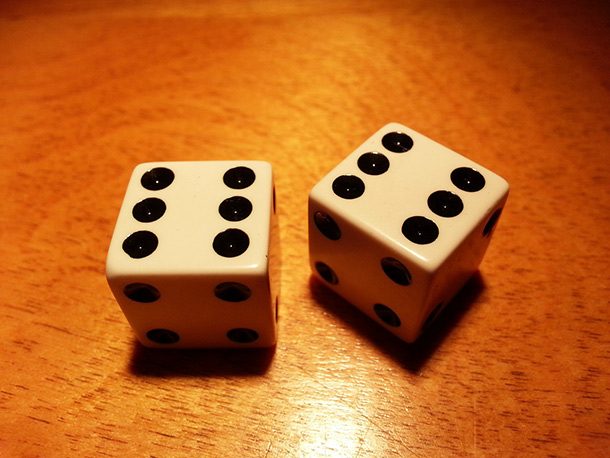 Source: https://www.theverge.com/2016/6/2/11837874/elon-musk-says-odds-living-in-simulation
Source: https://www.theverge.com/2016/6/2/11837874/elon-musk-says-odds-living-in-simulation Of course, it’s hard to say how likely it is we’re living in a simulation. Elon Musk suggests it’s one in a billion chance we’re living in base reality or the “real world.” Making the odds even starker, he suggests we’re either going to create a life-like simulation from our own or civilization will cease to exist.
Physics
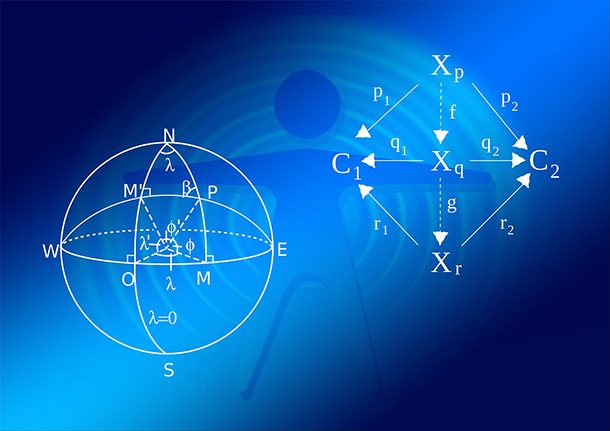 Source: https://www.scientificamerican.com/article/are-we-living-in-a-computer-simulation/
Source: https://www.scientificamerican.com/article/are-we-living-in-a-computer-simulation/ To add some scientific flavor to the Simulation Hypothesis, some argue that our mathematical and rigid world is evidence of the simulation. James Gates, a theoretical physicist at the University of Maryland, said he found the same error-correcting codes you’d find in internet browsers in the equations he studied about quarks, electrons, and supersymmetry. He said this brought him to a realization that perhaps the Simulation Theory isn’t as crazy as it sounds.
Programmers Cutting Corners
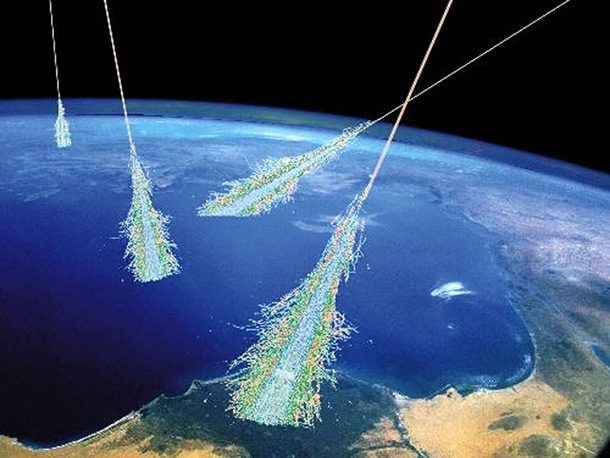 Source: https://www.scientificamerican.com/article/are-we-living-in-a-computer-simulation/
Source: https://www.scientificamerican.com/article/are-we-living-in-a-computer-simulation/ Theorists have suggested that if we’re living in a simulation, then it’s likely using limited resources and has finite points. Hence, they think programmers will make shortcuts to save resources. James Gates believes this could be tested by analyzing the cosmic rays hitting the Earth. If there’s an unusual amount of energies from them, he thinks it could mean space/time is not continuous but made at certain points.
Testing the Simulation
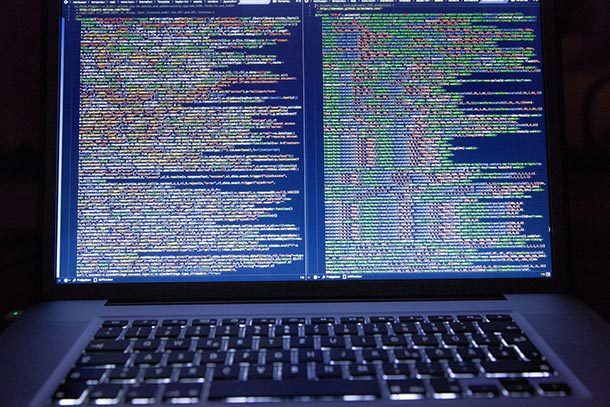 Source: https://arxiv.org/abs/1210.1847, https://www.huffingtonpost.co.uk/2012/12/12/physicists-universe-simulation-test-university-of-washington-matrix_n_2282745.html
Source: https://arxiv.org/abs/1210.1847, https://www.huffingtonpost.co.uk/2012/12/12/physicists-universe-simulation-test-university-of-washington-matrix_n_2282745.html Testing the Simulation Theory is not easy. Some believe it’s impossible to test as the simulators would find ways to hide it from us. Regardless, physicists have already been trying to test what Gates suggests, looking at cosmic rays. Also, professor Martin Savage of the University of Washington has been studying subatomic particles and looking for “signatures” of constraint that would happen within a computer system.
Do Interesting Things
 Source: https://www.scientificamerican.com/article/are-we-living-in-a-computer-simulation/
Source: https://www.scientificamerican.com/article/are-we-living-in-a-computer-simulation/ If we live in a simulation and are being monitored and watched by a higher being, then theorists have suggested a key act of survival – do interesting things. By doing this, they think you’ll be less likely to get “shut down.” This rationale, however, assumes we’re purely for the posthumans’ entertainment rather than a science experiment mining for data or some other reason.
Spirituality
 Source: https://www.theguardian.com/technology/2017/apr/22/what-if-were-living-in-a-computer-simulation-the-matrix-elon-musk
Source: https://www.theguardian.com/technology/2017/apr/22/what-if-were-living-in-a-computer-simulation-the-matrix-elon-musk If we’re living in a simulation, questions about spirituality have come up. Some have said it’s given atheists an outlet to talk more about the topic and about a world outside our own and the possibility of a spirit or immortality. Because if everything is just a simulation, we can assume the program can be rebooted and start over.
The Problem of Evil
 Source: https://www.simulation-argument.com/dainton.pdf, https://www.simulation-argument.com/simulation.html
Source: https://www.simulation-argument.com/dainton.pdf, https://www.simulation-argument.com/simulation.html For a millennia, philosophers have tried to solve the Problem of Evil, asking the question, “How could an omnipotent and benevolent God create a universe where bad things happen to some people?” Some have suggested the Simulation Hypothesis solves this problem. If your life is virtual, then your world has been created by free-will humans and their choices have thrust you into pointless suffering, not God. Bostrom posits suffering would be merely an illusion or a program if we are in a virtual world, which while not making it anymore comforting, at least makes it somewhat more understandable.
The Afterlife
 Source: https://www.theguardian.com/technology/2016/oct/11/simulated-world-elon-musk-the-matrix
Source: https://www.theguardian.com/technology/2016/oct/11/simulated-world-elon-musk-the-matrix Naturally, the Simulation Hypothesis brings up questions about the afterlife. If we die in the simulation, do we go to another simulation or reality? Is our simulation rebooted? Many have said the Simulation Hypothesis might be scary, but it’s also reassuring in that it’s likely an afterlife of some kind exists.
Video Game
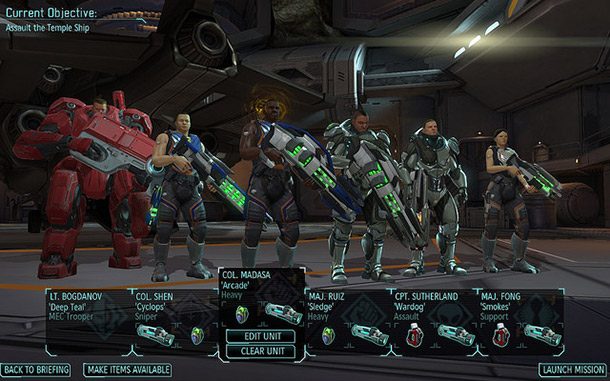 Source: https://www.theguardian.com/technology/2017/apr/22/what-if-were-living-in-a-computer-simulation-the-matrix-elon-musk
Source: https://www.theguardian.com/technology/2017/apr/22/what-if-were-living-in-a-computer-simulation-the-matrix-elon-musk Of course, anytime you talk about a simulation, it’s easy to think about video games, like when Elon Musk mentioned the game Pong. The video game theory suggests that the posthumans created our simulation just like we would create Minecraft or any other video game – for entertainment. How this plays out isn’t exactly understood, but in the end, some believe the whole simulation is a game.
Non-Player Characters
 Source: https://hackernoon.com/the-great-simulation-why-quantum-physics-artificial-intelligence-and-eastern-mystics-all-agree-b6c185213a18
Source: https://hackernoon.com/the-great-simulation-why-quantum-physics-artificial-intelligence-and-eastern-mystics-all-agree-b6c185213a18 Hoping on to the video game idea, things are about to get even weirder. In almost all video games, non-player characters or NPCs exist, challenging or helping the player character in some way. Sometimes, of course, they’re just in the background, not doing anything. So, if the simulation is a video game, we have to assume that many of us are non-player characters and some are posthumans playing within the simulation.
Plato's Cave
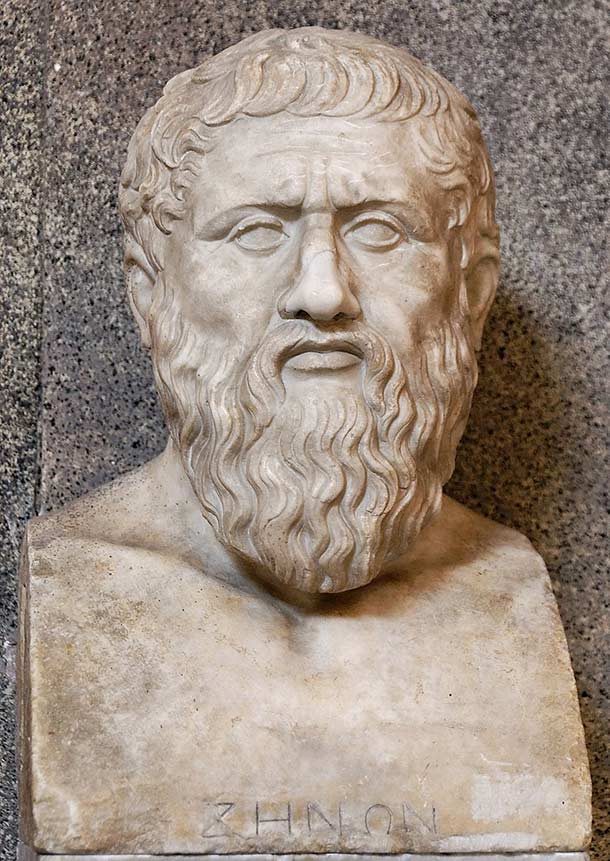 Source: https://medium.com/@vahidhoustonranjbar/the-simulation-hypothesis-is-really-platos-cave-d2ee12697cc9
Source: https://medium.com/@vahidhoustonranjbar/the-simulation-hypothesis-is-really-platos-cave-d2ee12697cc9 While the Simulation Hypothesis may sound new and revolutionary, some have suggested it’s not new at all. It’s actually just a retelling of Plato’s Cave. In Plato’s theory, he tells a story of many prisoners in a cave and their heads and bodies are held immobile, facing one wall with images projected on it. Since they only know that reality, they mistake it for the real thing. When a prisoner frees himself, he sees the truth of the real images projected.
Descartes "Evil Demon"
 Source: https://www.newyorker.com/books/joshua-rothman/what-are-the-odds-we-are-living-in-a-computer-simulation
Source: https://www.newyorker.com/books/joshua-rothman/what-are-the-odds-we-are-living-in-a-computer-simulation Others have noted the Simulation Hypothesis somewhat resembles Rene Descartes famous “Evil Demon” argument. In it, he skeptically claims our perceptions are wrong and an “evil demon” is shaping them. In other words, how do you know what is real? How do you even know you exist at all? Descartes, of course, famously concludes, “I think, therefore I am.” But, ironically, the Simulation Hypothesis sweeps the rug out under this argument’s feet by asking, “What if our thoughts are just programs of a larger machine?”
God
 Source: https://thenextweb.com/distract/2017/07/06/simulation-hypothesis-and-the-search-for-god/
Source: https://thenextweb.com/distract/2017/07/06/simulation-hypothesis-and-the-search-for-god/ Along with spirituality and the afterlife, the Simulation Hypothesis brings up the question of God and allows scientists to discuss the topic. Some have wondered if “god” in this instance is the posthumans or a higher alien civilization, answering the question of if a creator exists. At the same time, it still brings up questions about what exactly exists outside the simulation.
Reincarnation
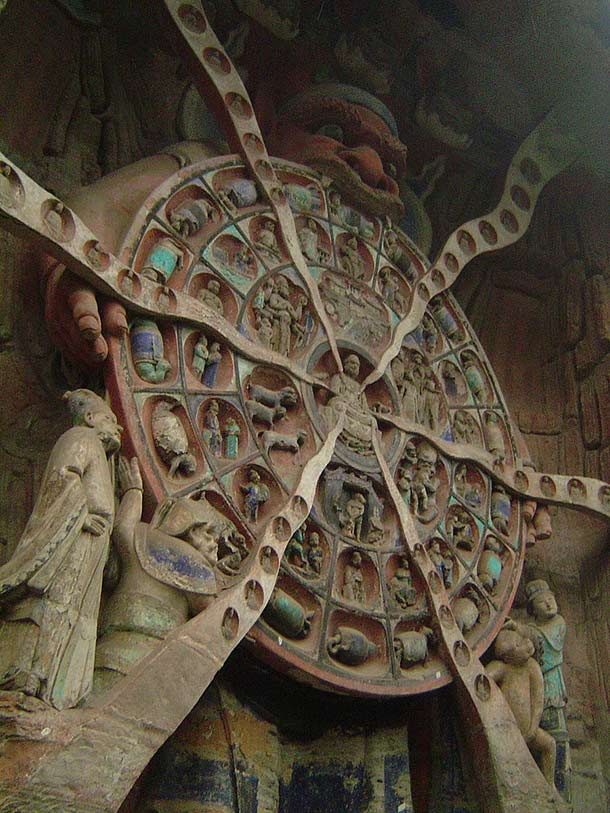 Source: http://mysteriousuniverse.org/2017/05/the-digital-universe-we-may-be-living-in-a-computer-simulation/
Source: http://mysteriousuniverse.org/2017/05/the-digital-universe-we-may-be-living-in-a-computer-simulation/ The Simulation Hypothesis also brings new weight to the idea of reincarnation. If the world is a program, perhaps your deeds are recorded and when you die, you’re rebooted into another life within the simulation? This standpoint makes the idea of reincarnation more understandable and palatable in a scientific worldview.
Glitches
 Source: https://www.simulation-argument.com/simulation.html
Source: https://www.simulation-argument.com/simulation.html To know if we’re in a simulation, some have claimed there would inherently be glitches in the system. After all, no computer is perfect, even the advanced and all-powerful one. Some have suggested we try to find glitches in the system, but theorists claim it’s probably futile because the posthumans could fix the glitch and erase our memories of it.
A Simulation Within the Simulation
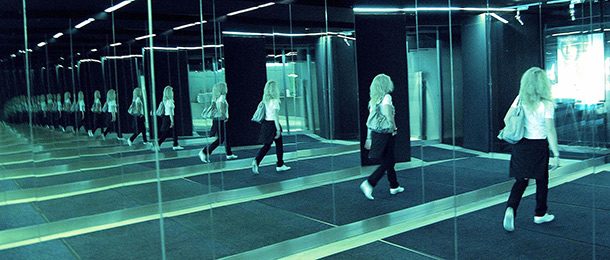 Source: https://www.simulation-argument.com/simulation.html, https://www.newyorker.com/books/joshua-rothman/what-are-the-odds-we-are-living-in-a-computer-simulation
Source: https://www.simulation-argument.com/simulation.html, https://www.newyorker.com/books/joshua-rothman/what-are-the-odds-we-are-living-in-a-computer-simulation As we’ve stated before, Bostrom doesn’t believe a simulation would ever be able to create another simulation, or a simulation within the simulation so to speak. However, some have countered that it’s not necessarily out of the question. Those who first created the simulation may have wanted things to progress so that the simulation creates another simulation, thereby initiating an endless loop of simulations within simulations. So, if we ended up creating a life-life simulation, that simulation could also go on to do the same thing.
The Finite Structure
 Source: https://www.simulation-argument.com/faq.html
Source: https://www.simulation-argument.com/faq.html Much of the Simulation Hypothesis relies on the finite structure of the universe. Bostrom notes he left this out of his initial hypothesis. If the universe is infinite, it stands to reason that the Simulation Hypothesis essentially falls apart.
Aliens
 Source: https://www.simulation-argument.com/faq.html
Source: https://www.simulation-argument.com/faq.html While Bostrom believes our future selves created the simulation we inhabit, others have taken it a step further to advanced alien civilizations. Believing his hypothesis is too anthropocentric (centered around humans), they think it makes more sense to believe an advanced alien civilization created the simulation. Bostrom doesn’t deny the possibility but states it’s also a moot topic because it doesn’t negate the fact we’re living in a simulation.
The Fermi Paradox
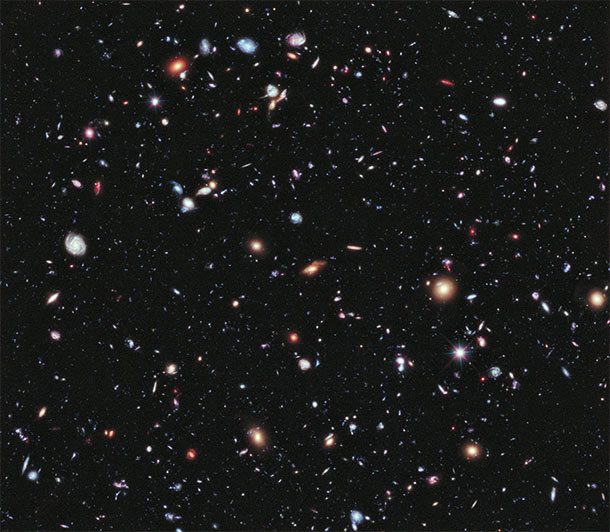 Source: https://spectrum.ieee.org/tech-talk/computing/hardware/computing-and-the-fermi-paradox-a-new-idea-emergestheyre-all-asleep
Source: https://spectrum.ieee.org/tech-talk/computing/hardware/computing-and-the-fermi-paradox-a-new-idea-emergestheyre-all-asleep The Fermi Paradox asks why we are alone in the universe despite its vast size and the amount of time it’s had to evolve. Surely other advanced civilizations would have been able to reach us by now? Many have tried to answer this paradox, but some think the Simulation Hypothesis poses the best answer. No one else is out there because the posthumans didn’t include them in the simulation.
Multiverse
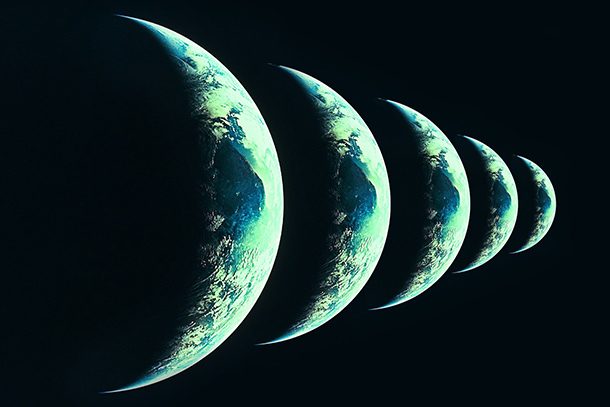 Source: https://www.lesswrong.com/posts/hCbrPFH3PFYb93dy6/if-we-live-in-a-simulation-what-does-that-imply
Source: https://www.lesswrong.com/posts/hCbrPFH3PFYb93dy6/if-we-live-in-a-simulation-what-does-that-imply Bostrom believes if we’re in a simulation, we’re not the only one. Our posthuman (or alien) simulators would have likely created many different simulations. Why? Because we’re doing the same thing today just on a much smaller scale. So, with that in mind, there could be other simulations of you but entirely different versions due to varying circumstances and choices.



























